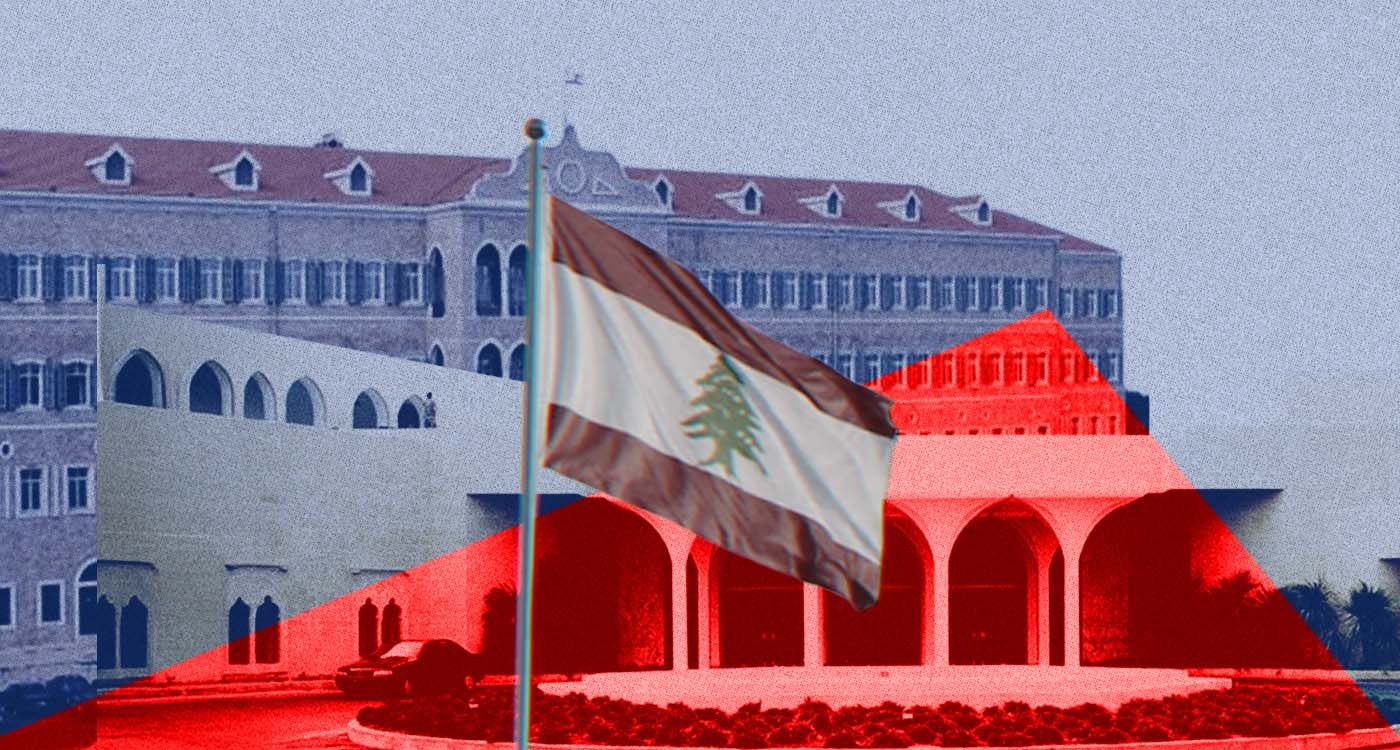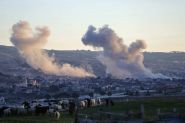
Hezbollah’s chief, Sheikh Naim Qassem, made unacceptable and controversial remarks, in which he threatened civil strife and linked the survival of Lebanon to the presence of their weapons. These remarks have triggered a wave of condemnations from political and institutional figures committed to defending Lebanese sovereignty.
Minister of Justice Adel Nassar was quick to respond on the platform X, stating, “When some threaten to destroy Lebanon to defend their arsenal, it completely dismantles the claim that these weapons are meant to protect the country.”
In a televised interview, Nassar also revealed that the Lebanese government had already begun working on a disarmament plan for armed groups “before” the recent roadmap was submitted by US envoy Tom Barrack to the Lebanese authorities. That document aims to help Lebanon stabilize across political, economic and security sectors.
Nassar denounced Hezbollah’s stance as “incoherent,” pointing out that the group itself had endorsed the commitments made in the ministerial declaration. Responding to accusations that the government is violating the spirit of national partnership, he added, “Those who share power must contribute to building the state, not obstruct it.”
Later, during an interview to Al-Arabiya, Nassar categorically rejected Naïm Kassem's remarks, calling them "completely unacceptable." He denounced them as "a direct threat to the government and civil peace," stating that the Hezbollah leader’s comments highlight "the serious abuses committed by illegitimate forces operating outside the control of the state. "
He accused Hezbollah of "undermining Lebanese institutions," arguing that "the continued presence of armed groups outside the framework of the state undermines its foundations and threatens internal stability."
The minister warned that the current situation poses a major threat to Lebanon’s unity and its institutions, calling for respect for the Constitution and the rule of law.
Minister of Industry Joe Issa al-Khoury was equally critical. Writing on X, he noted inconsistencies in Qassem’s speech and reminded the Hezbollah official that “the spirit of the National Pact (the cornerstone of Muslim-Christian partnership) is not codified in any article of the Constitution.” He added, “It is the soul of Lebanon, safeguarding it from any one community’s attempt to dominate the others.”
He warned against using the Pact as a tool of political obstruction, “To turn the spirit of the Pact into an instrument of blackmail is to strip it of all meaning.”
The Criminal Code
Qassem’s attempt to distort the Constitution to justify keeping Hezbollah’s weapons was met with legal rebuttals. Kataeb Party leader Samy Gemayel responded simply by posting on his X account the full texts of Articles 329, 314 and 315 of the Penal Code, each of which carries implications for Hezbollah’s conduct.
Article 329 stipulates that “any act aimed at preventing a Lebanese citizen from exercising their rights or civic duties through threats, violence or coercion is punishable by one month to one year in prison. If committed by an armed group, the penalty rises to six months to three years.”
Article 314 defines “terrorist acts as any actions intended to spread fear or panic, using methods capable of causing public danger.”
Article 315 prescribes “hard labor for a minimum of five years, or up to life imprisonment, for those committing terrorist acts that cause significant damage or disruption.”
‘A Dangerous Turning Point’
MP Ragy el-Saad accused Sheikh Qassem of pitting Lebanon’s Shia population against the state.
“His insistence on confrontation comes in response to the government’s constitutional determination to ensure that all arms remain under state control,” he wrote on X.
El-Saad warned that Qassem’s rhetoric represents “a dangerous turning point,” one that clearly signals rejection of the state-building process and a desire to preserve Lebanon as a pliable arena for Iranian regional ambitions.
MP Nadim Gemayel also fired back on X, “Lebanon cannot survive under the shadow of weapons. The government must draw a clear line.”
Meanwhile, MP Ashraf Rifi launched one of the strongest rebukes, recalling that “Hezbollah’s legacy includes both Israeli occupation and Lebanon’s ongoing humanitarian and economic crises.”
“After its defeat [by Israel], Hezbollah now threatens Lebanon again, pretending to be the victim while accusing the majority of Lebanese people of treason,” Rifi said in a statement.
He denounced the party’s “constant flight forward” and issued a stark warning about the risks of civil war, “It would be catastrophic for everyone, but especially for your group, which has alienated every Lebanese community.”
Rifi urged Hezbollah to “return to Lebanon” and sever its dependency on Iran, whose grip, he claimed, is weakening both at home and across the region.



Comments